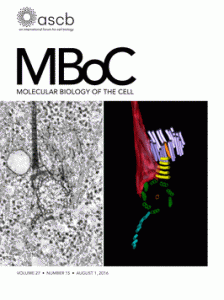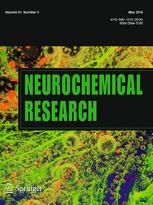 Authors of a molecular biology paper have pulled it after realizing that their cell lines were contaminated.
Authors of a molecular biology paper have pulled it after realizing that their cell lines were contaminated.
According to the notice in Molecular Biology of the Cell (MBoC), the contamination occurred by “unknown means” in the senior authors’ laboratory, who told us the mistake was a difficult one to catch. He added that they discovered the problem after other researchers published conflicting results.
He also noted that the contaminated cell lines were not used for experiments in any other papers.
Here’s the retraction notice, issued on August 1: Continue reading Authors retract study with contaminated cell lines


 With so many
With so many 



